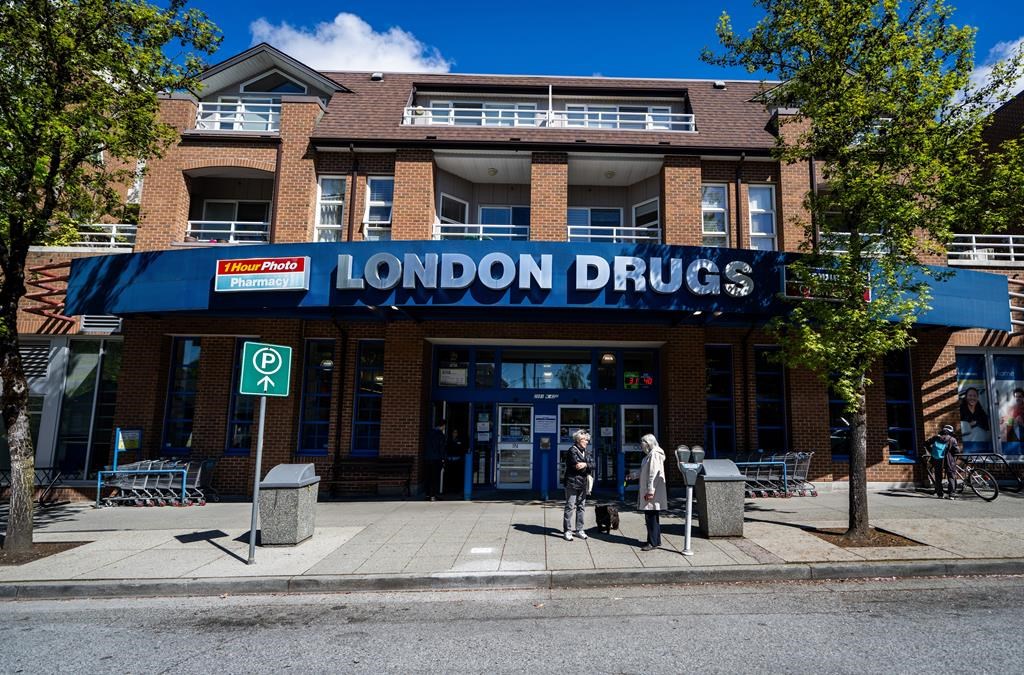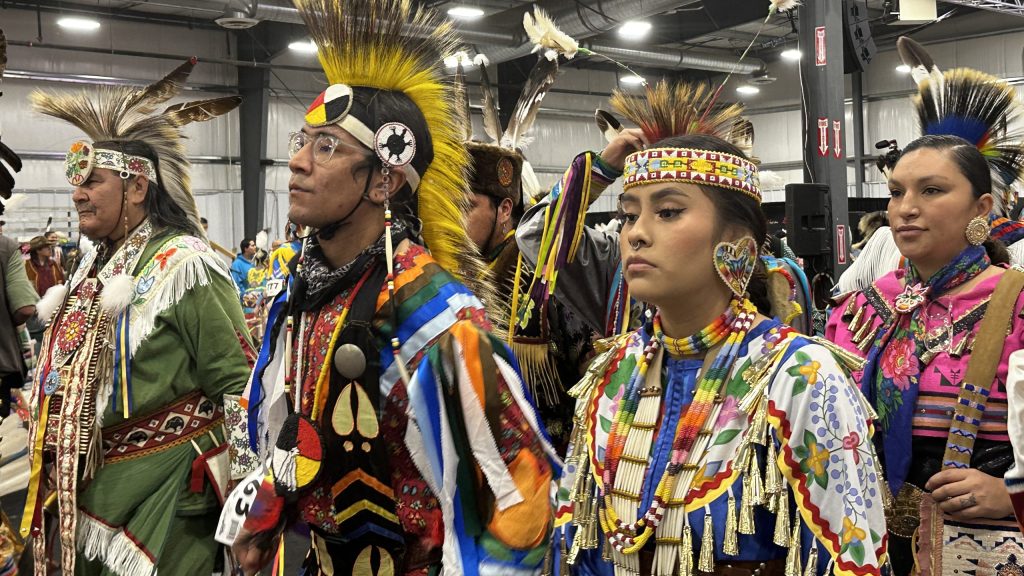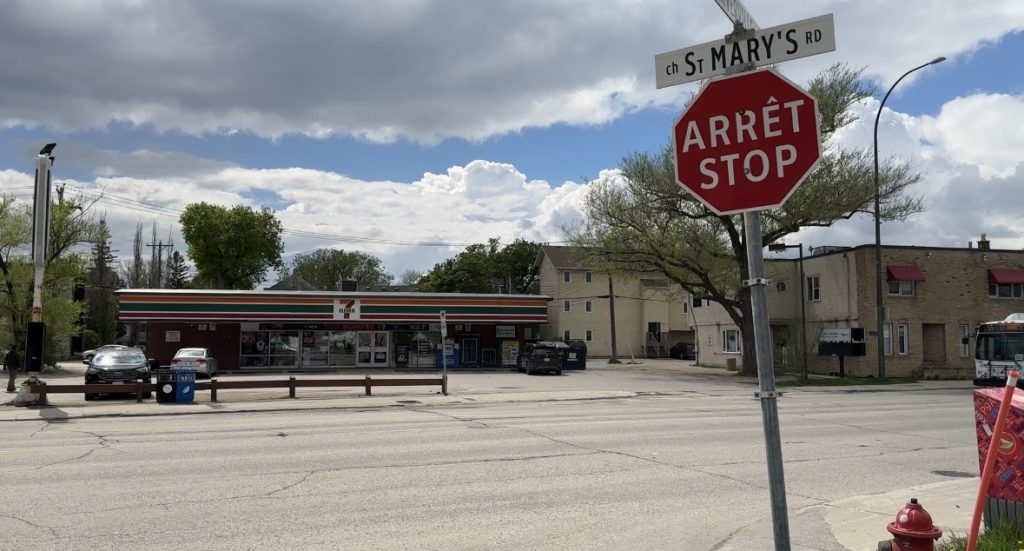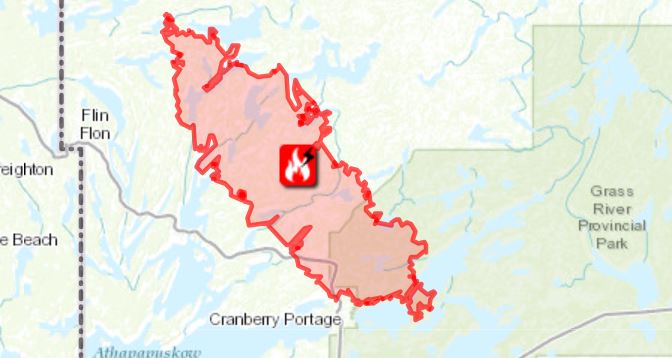Seniors over 87 can apply to join federal dental plan starting next week

Posted December 10, 2023 7:05 pm.
Last Updated December 11, 2023 5:08 pm.
The federal government hopes to avoid gumming up the works of its new dental-insurance plan by gradually phasing in enrolment over the course of the next year, Health Minister Mark Holland said Monday.
Starting next week, seniors over the age of 87 will be the first cohort to be able to apply to join a new federal dental-insurance plan.
It will be slowly expanded over the course of 2024 to include all qualifying seniors, children under the age of 18 and people with disabilities.
Holland announced the rollout of the program, which is currently budgeted to cost $13 billion over the next five years, at a news conference at a dental clinic at Algonquin College in Ottawa.
The program is aimed at people with an annual household income under $90,000 who don’t have access to private insurance.
“Far too many people have avoided getting the care that they need simply because it was too expensive, and that’s why this plan is essential,” Holland said. As many as nine million Canadians lack private coverage, he added.
There has been “enormous additional cost” to the health system — to say nothing of a person’s own dignity — when people have to wait until their oral health is so dire that they have to get treatment at the emergency room, Holland said.
“We know we can do better.”
Coverage will include preventive, diagnostic, restorative and surgical services — including X-rays, fillings, root canal treatments and dentures, among others, he said.
Once eligibility is expanded to all qualifying Canadian residents in 2025, it will be the government’s largest social program.
“This is a proud moment, I think for all Canadians, in expanding what is the definition of health care in Canada,” said Holland.
The insurance plan is a key pillar in the Liberal’s supply-and-confidence deal with the New Democrats to secure the opposition party’s support on key votes.
The NDP lauded the news in a statement Monday, styling the plan as “the NDP national dental care program.”
Additional details of the dental plan
The first people to enroll in the program are expected to be able to start claiming dental services in May.
Eligibility for people with disabilities will be based on whether they have an active disability tax credit, at least until the program is expanded to all people who fall under the income threshold.
Though enrollment will be phased in over the next year, NDP health critic Don Davies said his party is ecstatic to have a concrete program in motion by the deadline, especially if a gradual approach means a smoother roll-out.
“If you think back to beginning, people thought there were constitutional hurdles, they thought that the speed of it was too ambitious, they didn’t think that stakeholders would co-operate,” Davies said in an interview Sunday evening.
“Here we are today, poised on the eve of the single biggest expansion of the health-care system in a generation.”
The NDP have pledged to monitor the program carefully, and have called for regular reviews to track what is working and what isn’t.
The services offered will closely reflect the services offered to registered First Nations and Inuit people under the Non-Insured Health Benefits Program (NIHB). Dental cosmetic procedures will not be covered.
Davies said the new program is closely modelled on the NIHB, though they have implemented some lessons learned from the federal program for First Nations and Inuit people.
“We have to make sure that the plan is really efficiently administered,” Davies said.
“That was something I heard over and over again about current federal plans, is that administrative inefficiencies are a real barrier. And so we want to make sure as we design this from the ground up, that it’s efficient, it’s fair, and it’s comprehensive.”
Once the new federal program is up and running, people will be able to bring their benefits card to registered dental-care providers who will submit the claim on their behalf.
The Liberals intend the coverage to mesh with existing federal and provincial dental health benefits, but the government is still in the process of negotiating with individual provinces, which program would be the primary payer.
People receiving existing federal dental benefits, including refugees, veterans and First Nations people, will still qualify for the new federal program. So far, there are no plans to amalgamate the programs.
The government signed a $750-million contract with Sun Life Assurance Company of Canada to administer the claims. Procurement Minister Jean-Yves Duclos previously announced a $15-million agreement with the company to lay the groundwork in September.
A copy of that agreement, obtained through access-to-information legislation, shows that work includes preparations for enrolling dental-care providers and setting up a website and call centre to answer questions from oral-health providers and plan members.
The government expects to start mailing out letters to the first cohort of potential applicants next week, and has set up its own call centre to enroll seniors in the program.
In May, the enrolment process is expected to move to an online platform.
Once the government confirms the applicant’s eligibility, Sun Life will start the enrollment process.








